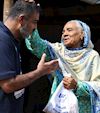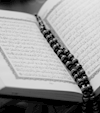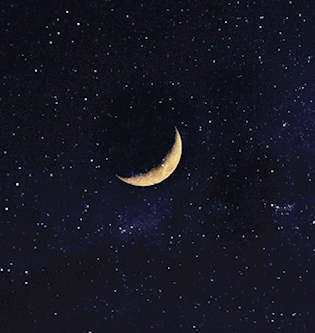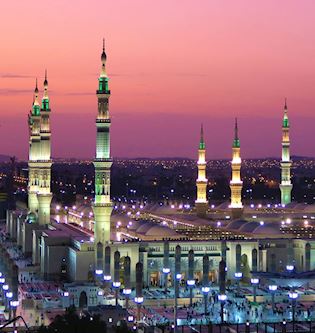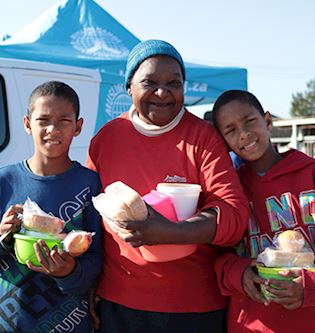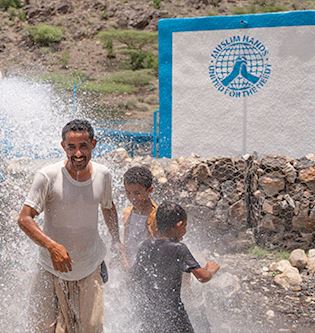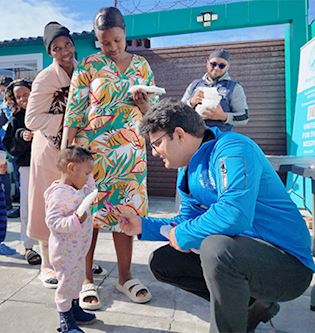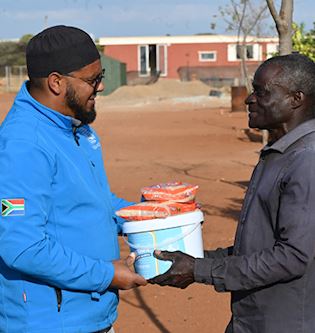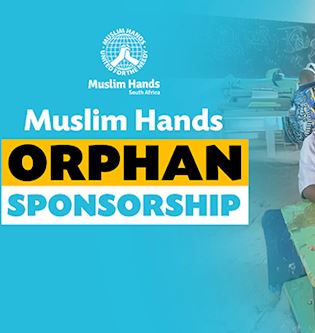QURBANI FAQS – Everything You Need to Know.

Qurbani is one of the most spiritual acts of worship you can perform during the days of Dhul Hijjah. To help you make the most of these special days, we have put together this helpful blog that answers all your frequently asked questions regarding Qurbani. If you find it helpful, please share it with loved ones, so they too can benefit.
When is Eid Al Adha 2021?
Eid Al Adha falls on the 10th day of Dhul Hijjah and lasts for 5 days. This year, Eid Al Adha will begin on the evening of 19th July and end on the evening of 23rd July.
Why do we celebrate Eid Al Adha?
The festival of Eid Al Adha celebrates Ibrahim (as) to Allah (swt) and his willingness to sacrifice his beloved son Ismail (as) to prove his faith to Allah (swt). Although despondent, Ibrahim (as) remained steadfast on the command of Allah (swt) and was willing to go through with the sacrifice, but Allah (swt) in His Infinite Wisdom saved Ismail (as) and replaced him with a sheep instead.
As Muslims, we celebrate Eid Al Adha to commemorate the loyalty, obedience, and devotion of Ibrahim (as) towards Allah (swt). In doing so, we sacrifice a sheep, goat, or cow and this act is known as Qurbani or Udhiya in Arabic.

Is Qurbani Fardh (compulsory) for everyone?
Different schools of thought have different opinions on this, however, the general consensus is that Qurbani is considered a Sunnah practice of our Prophet (saw) who is reported to have said:
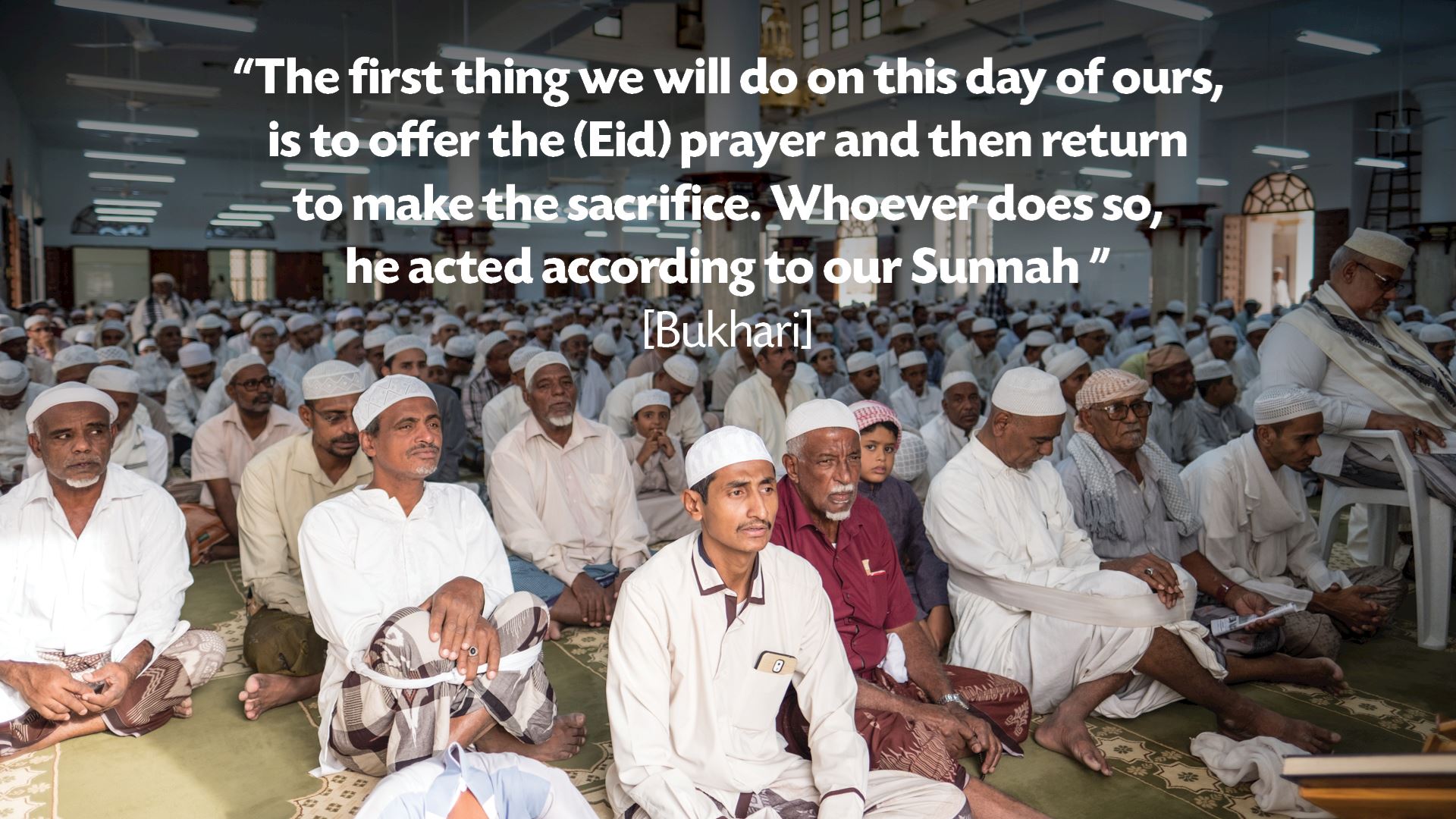
- Hanafi school of thought: Qurbani is wajib and is considered compulsory.
- Shafi school of thought: Qurbani is a sunnah mu’akadah and is highly recommended, but not compulsory.
- Maliki and Hanbali school of thought: Qurbani can be both a sunnah mu’akadah and /or compulsory.
Regardless of your school of thought, every Muslim believes in the immense virtues of performing a Qurbani as it was something the Prophet (saw) personally did and encouraged his companions to do too.
Who should offer Qurbani?
Again, the answer to this depends on your school of thought.
- Hanafi: Any sane adult Muslim who is eligible to pay Zakat (possesses the Nisab value) must give a Qurbani. As such, it is quite common for there to be a few Qurbani sacrifices made from one household.
- Maliki, Hanbali, and Shafi: only the person responsible for the household makes the Qurbani on behalf of the family.
How many animals do I have to sacrifice?
One Qurbani equates to the sacrifice of a small goat or sheep, or alternatively a share in a larger animal, like a cow. Both options are of equal value and will fulfill your obligation.
You can also choose to follow the Sunnah of the Prophet (saw) and offer an extra animal for sacrifice. This is known as a Prophetic Qurbani.
What is a Prophetic Qurbani?
This is an extra sacrifice, made on behalf of the Ummah. After fulfilling his personal obligation, the Prophet (saw) gave an additional Qurbani for needy Muslims who could not afford to sacrifice for themselves.
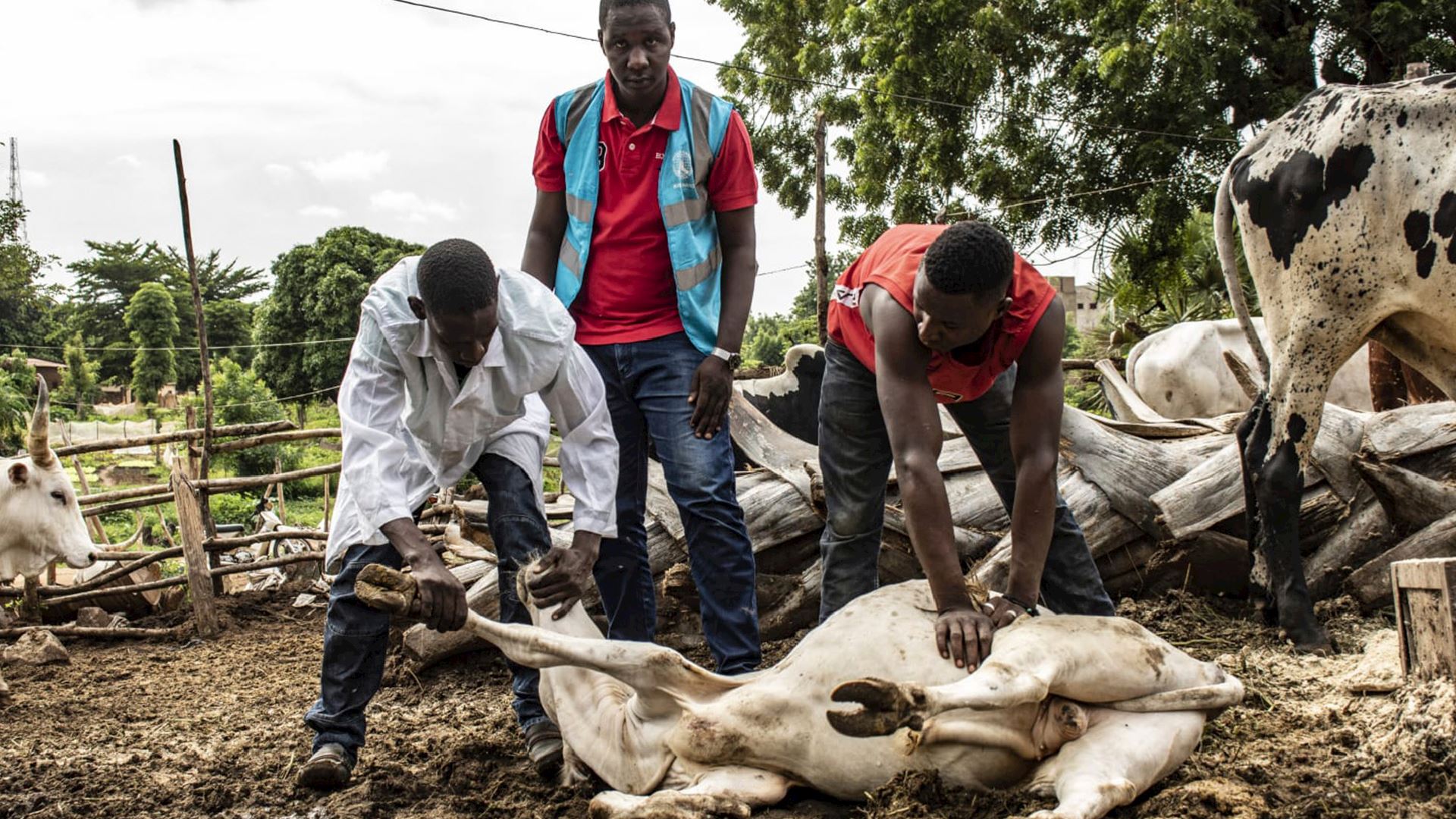
When does the Qurbani sacrifice take place?
Jundab bin Sufyan (ra) reported, ’I witnessed the Prophet (saw) on the Day of Nahr (or Eid day). He (saw) said, “Whoever slaughtered the sacrifice before offering the Eid prayer, should slaughter another sacrifice in its place; and whoever has not slaughtered their sacrifice yet, should slaughter now “. (Bukhari)
Qurbani takes place after the Eid prayer on Eid-Al-Adha. If Qurbani is made before the Eid salah, then this is counted as a Sadaqah, and you will still need to perform Qurbani after the Eid prayer.
At Muslim Hands, we take your Qurbani orders up until Eid morning and sacrifice animals over the five days of Eid.
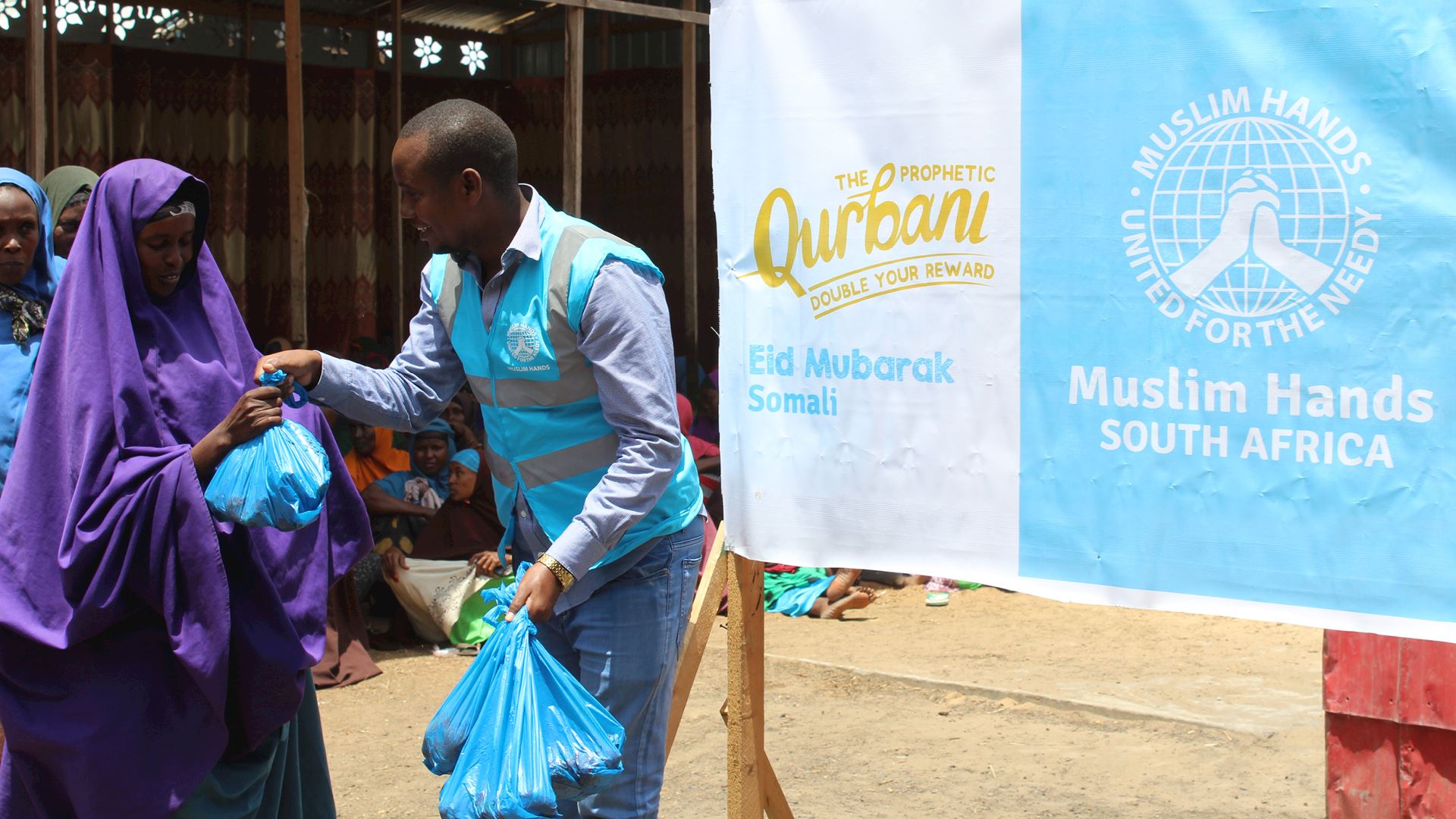
What should I do if I missed a Qurbani in the previous year(s)?
You can make up for any missed Qurbani’s by either sacrificing an extra animal on the days of Eid or donating the market value of the animal to the poor and needy. Simply calculate how many years you have missed, and you will know how many animals you will either need to sacrifice or alternatively, donate the value thereof. Our teams can assist you with both options.
When should I make my Qurbani donation?
At Muslim Hands, you can make your Qurbani donations up to a month in advance and right down to Maghrib time on the fourth day of Eid (13th Dhul Hijjah). This is because we already sacrifice the animals in time for Eid distributions, with the intention that some donors will give their money on the fourth day.
If you would like to give Qurbani in a certain location, we advise you make your donation sooner than later as the quotas fill up very quickly.
What should I do if I am offering a Qurbani?
When making your donation, please remember to give the names of all those to who you are donating on behalf. If you are performing the Qurbani yourself, remember the Almighty (saw) and glorify Him, after which you should mention the names of those who are also part of the Qurbani.
For example, one should say ‘Bismillah, Allahu Akbar. Oh Allah, this is from You and for You on behalf of so and so’.
After the sacrifice is made, one should say, ‘Oh Allah accept this from so and so’.
The person who intends to give the Qurbani is strongly encouraged to NOT cut their hair or nails between the first day of Dhul Hijjah, up until after the Qurbani has been completed.
Where and when is Qurbani distributed?
Our teams on the ground, work closely with community leaders in several locations across the globe to ensure that your Qurbani meat is distributed to those most in need during the days of Eid-Al Adha.
What if I do not know which location to give my Qurbani to?
Do not worry as this is what our ‘Where Most Needed’ option is for. It has been specifically designed for those who cannot decide where to donate their Qurbani. Simply choose this option, make your donation and our experts will distribute your sacrifice in the location best suited for people who need it the most.





